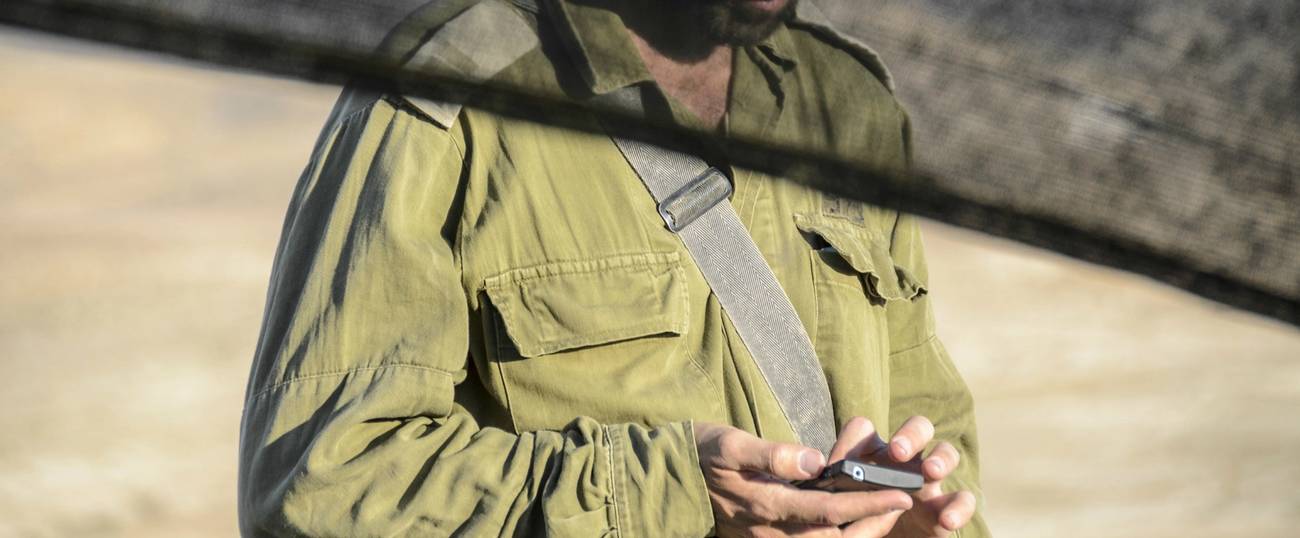IDF Releases New Anti-Kidnapping App
With the push of a button, a soldier in distress can now alert three different HQs




After the 2014 kidnapping and murder of three Israeli teenagers—Naftali Frenkel, Gilad Shaer, and Eyal Yifrah—the Israel Defense Forces began developing an application that would enable soldiers facing similar circumstances to alert the authorities with the push of a button. Released earlier this week, the GPS-based app, aptly called Distress Signal, would enable soldiers to push a button and immediately alert three different HQs: a special operational division in Tel Aviv dedicated to providing rapid response in cases of emergency; the closest division to the soldier’s geographical location; and the soldier’s unit.
The application, created by the IDF in collaboration with an unnamed civilian software developer, will only begin tracking the soldier once he or she presses the distress button, and will otherwise disable its location-based function, a senior IDF officer familiar with the project told the Israeli press. And, cellphones being private rather than army property, no soldier will be obligated to download the application.
Assuming that the app’s deployment will trigger a wave of false alarms, the IDF recently briefed relevant officers and soldiers on proper response to incoming distress calls. But the army’s greatest challenge, the officer said, was making sure that the app was safe from cyber attacks.
“The app is based on our own database, stored on our servers in Israel and not on the app developer’s servers in the United States,” he said. “The developer will not have the data to link the identities of the app’s users to soldiers’ real names. As soon as the soldier is dismissed from active duty, his or her information will be erased from the system, making it impossible for him or her to use the app.” In the future, the officer added, the app may be offered to career army personnel as well as to reservists.
Liel Leibovitz is editor-at-large for Tablet Magazine and a host of its weekly culture podcast Unorthodox and daily Talmud podcast Take One. He is the editor of Zionism: The Tablet Guide.